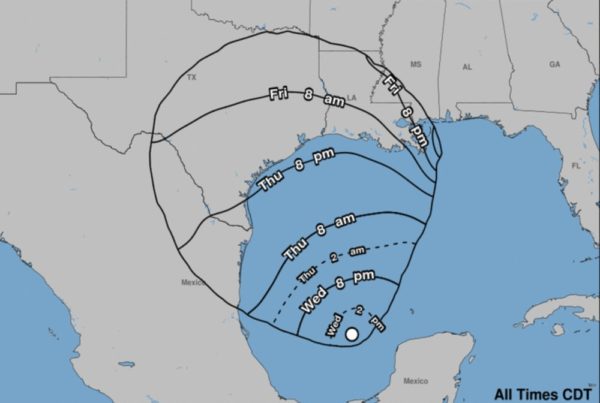The Houston Fire Department commissioned an audit this summer to evaluate the way they inspect buildings and they found that the agency’s Life Safety Bureau is still living in the last century.
Some inspectors were using computers, but others were filling out paper reports, and some inspectors were keeping results in notebooks in their desks.
That’s why, for most of the city’s 5,000 apartment buildings, the agency has no inspection dates reported. In the last two years, the Fire Department inspected only 526 of them.
News 88-7 tested out the record-keeping system. We obtained inspection reports for five apartment complexes that all had fires in the past year. After fires at two of the buildings, city inspections discovered major violations, but there’s no record that the department re-inspected them to make sure they actually complied.
“And if we don’t have evidence of it, unfortunately, the Controller’s office, if you don’t have a record, it didn’t happen.” says Houston City Controller Chris Brown.
He wasn’t surprised when the audit reported obsolete record-keeping, disorganization, and understaffing. But he was disappointed that inspections haven’t improved since the last audit in 2005.
“Many of these were repeat findings, and so in 12 years a lot of these things hadn’t been addressed,” he says. “So that was the surprise, I think, for us.”
According to the audit, the department has a storage closet with hundreds of computers ready to use. But most of the inspection reports we obtained has been created with pen and paper. “Right now, they go out, they do the inspection, they do it on paper, they come back, enter it in a computer, print it out, and then go back and get a signature.”
“Right now, they go out, they do the inspection, they do it on paper, they come back, enter it in a computer, print it out, and then go back and get a signature.” says Houston Fire Department Chief Samuel Pena.
In a 3 percent across-the-board budget cut this year, the department has had to reduce funding for training employees, so now it may be even harder to start using those computers.
Both the chief and the controller are new to their jobs. Neither of them could recall hearing of a time when the fire department got a significant infusion of funding to let them invest in new technology.
Houston isn’t the only city with strained resources, but Chief Pena says New York City has been using a data-driven, risk-based inspection model for years. In Atlanta, the fire department collaborated with Georgia Tech to develop their own model.
In a step toward innovation in Houston, Chief Pena says over the next two years they’re working on purchasing and implementing a records management system that will allow them to collaborate with other agencies. Unfortunately, becoming more efficient is expensive, but the investments do save money.
“We need our own operations research division. Do we have our resources in the right place? That is data driven. And right now we don’t have somebody who’s focused on that,” Pena says.
These updates matter. As the controller recalls, the results of the fire department audit happened to come out just as the Grenfell Tower fire devastated London, killing at least 80 people in a residential building.
“Not only was the fire equipment in that building inadequate, but they were given bad information to just shelter in place and ultimately I think that looking back as we see from the investigation notes, that led to a lot of unnecessary deaths,” Brown says.
But transitioning the fire department into a modern, paperless agency is still far off.
“We have low oil prices, sales tax has been down, property tax has been relatively flat,” Brown says.
The fire chief says we can’t have it both ways. We can’t give inspectors inadequate funding and then fault them for things like not documenting their re-inspections.
One thing is for sure. Chris Brown, the controller, says that getting up to speed is going to take awhile.
“So I think ultimately what we’re going to have to do is give the chief time to work through, implement, deal with what he has, and as they get more efficient, hopefully they can create some savings,” he says. “And then you can use that to reinvest.”
The next audit is planned for 2019.
















